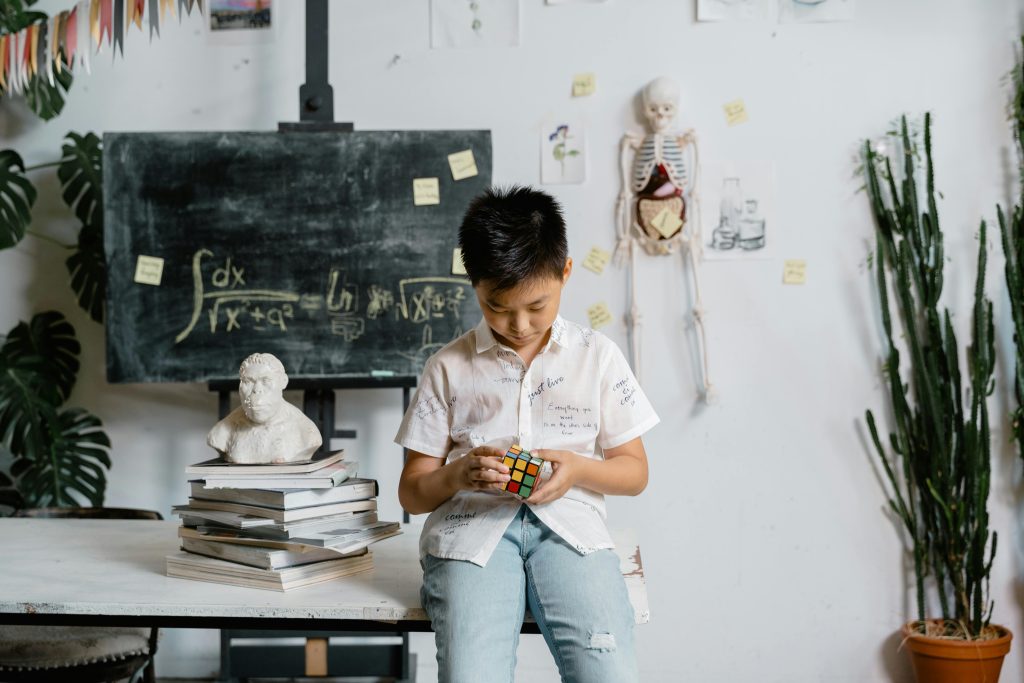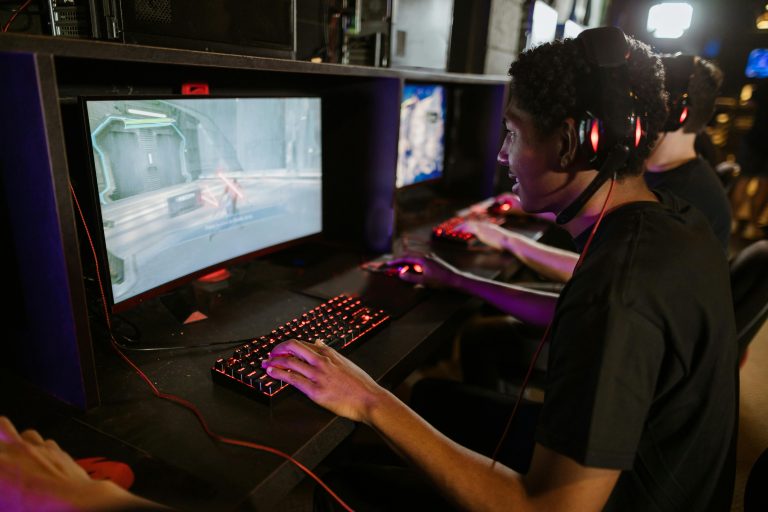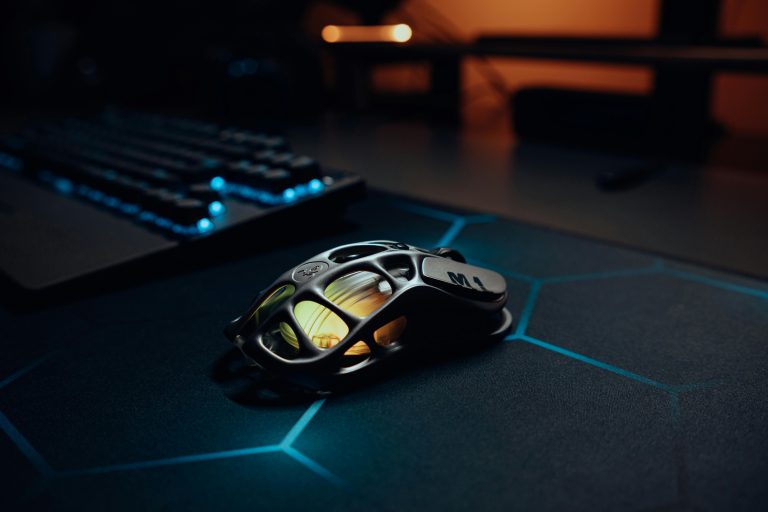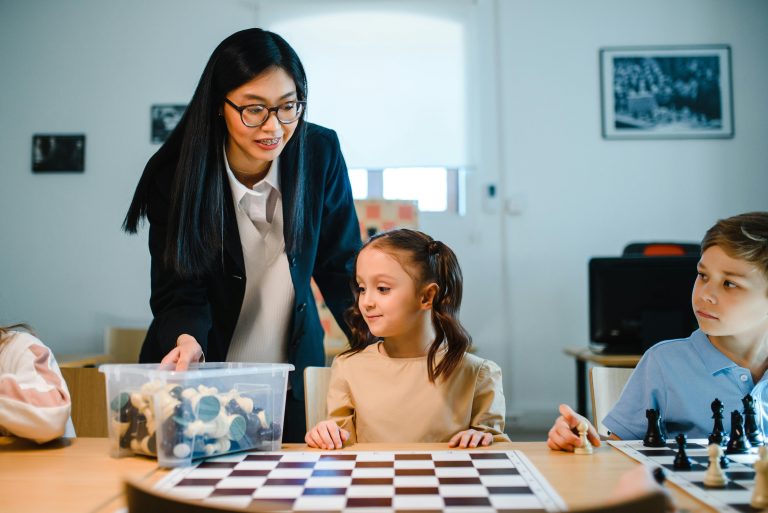
In a world dominated by quick-fix entertainment and fast-paced digital consumption, finding activities that are both genuinely engaging and intellectually nourishing for children can feel like a puzzle in itself. Parents and educators are increasingly seeking out ways to foster essential cognitive skills that go beyond rote memorization. The solution, it turns out, has been right under our noses all along: play. More specifically, puzzle games. These captivating challenges are far more than mere distractions; they are powerful tools that can significantly boost a child’s IQ, enhance critical thinking, and lay a strong foundation for lifelong learning. By transforming abstract problem-solving into a tangible, enjoyable experience, the best puzzle games for kids make developing intelligence an adventure.
Why Puzzles are Brain-Boosting Powerhouses
Before diving into our top picks, it’s crucial to understand the science behind the fun. When a child engages with a well-designed puzzle game, their brain goes into overdrive. Neuroscientists have found that these activities stimulate multiple cognitive functions simultaneously. They enhance visual-spatial reasoning—the ability to visualize and manipulate objects in space, a key skill for everything from reading a map to understanding geometric concepts. They demand logical deduction and pattern recognition, forcing young minds to formulate hypotheses, test strategies, and learn from trial and error.
Furthermore, puzzles build resilience and patience. Unlike games where success is instant, puzzles require sustained effort, teaching children the invaluable lesson that perseverance leads to reward. This process strengthens neural pathways and can lead to measurable improvements in IQ, particularly in areas related to fluid intelligence—the capacity to solve novel problems independently of acquired knowledge. Essentially, puzzle games are a complete workout for the developing brain, building mental muscle with every move.
Top Puzzle Games for Different Age Groups
Selecting the right puzzle is key to maintaining engagement and ensuring developmental appropriateness. Here’s a breakdown of exceptional puzzle games categorized by age.
For Toddlers & Preschoolers (Ages 2-4)
At this stage, puzzles are about exploration and basic skill-building. Look for games that focus on physical manipulation and simple problem-solving.
- Melissa & Doug Pattern Blocks and Boards: This classic set uses colorful wooden shapes that children fit into corresponding spots on various boards. It’s fantastic for teaching shapes, colors, and early geometry, all while refining fine motor skills and patience.
- Fat Brain Toys InnyBin: A simple yet brilliant silicone cube with shaped holes and corresponding colorful pieces. Babies and toddlers learn cause and effect as they push the pieces through the holes, developing spatial awareness and tactile skills.
For Early Elementary (Ages 5-7)
Children in this age group are ready for more complex challenges that introduce foundational logic and planning.
- ThinkFun Rush Hour: A quintessential logic game where players must slide blocking vehicles out of the way to let the red car exit the grid. With 40 challenge cards ranging from beginner to expert, it teaches planning ahead, sequential thinking, and the importance of every move without a single word of text.
- Osmo Genius Kit: This brilliant platform combines physical play with digital interaction. Using a base for your tablet, children use tangible pieces to solve puzzles on screen. Games like Tangram (shape arrangement) and Newton (creative physics puzzles) brilliantly bridge the gap between the concrete and digital worlds.
For Tweens & Beyond (Ages 8+)
Older kids are ready for sophisticated puzzles that involve deep strategy, abstract thinking, and complex rules.
- Zendo: A phenomenal game that mimics the scientific method. A “Master” creates a secret rule for how ice pyramid structures must be built, and “Students” must build their own structures and test their hypotheses to deduce the rule. It’s unparalleled for teaching inductive reasoning and critical analysis.
- Portal 2: While a video game, its puzzle-centric gameplay is legendary. Players must use a “portal gun” to create linked holes in space to solve intricate environmental puzzles. It profoundly develops 3D spatial reasoning, problem-solving under pressure, and creative “outside-the-box” thinking.
- 20 Questions: Don’t underestimate the power of this classic verbal puzzle. By asking only yes-or-no questions to deduce a person, place, or thing, players practice categorization, logical deduction, and efficient information gathering—all crucial components of a high IQ.
Maximizing the Benefits: How to Play Alongside Your Child
Simply handing a child a puzzle game is good, but guided interaction is better. Your role isn’t to solve the puzzle for them but to act as a facilitator of their thinking. Use open-ended questions like “What do you think would happen if you tried this piece here?” or “What pattern are you noticing?” This encourages metacognition—the act of thinking about one’s own thinking. Celebrate the process of struggling and figuring it out more than the final success. This reinforces a growth mindset, teaching them that intelligence is not fixed but can be developed through effort and strategy. By being present and engaged, you transform a solitary brain game into a bonding experience that reinforces the very cognitive skills you aim to nurture.
Building a Brighter Future, One Piece at a Time
Integrating high-quality puzzle games into your child’s routine is one of the most effective and enjoyable investments you can make in their cognitive development. These games do more than just potentially raise an IQ score; they equip children with a versatile toolkit of mental skills—critical thinking, resilience, logic, and creativity—that are fundamental to success in STEM fields, the arts, and everyday life. In the grand puzzle of child development, these games are a cornerstone piece. So, clear the table, open a box, and watch as your child builds not just a solution to a game, but a stronger, more agile, and more confident mind.






